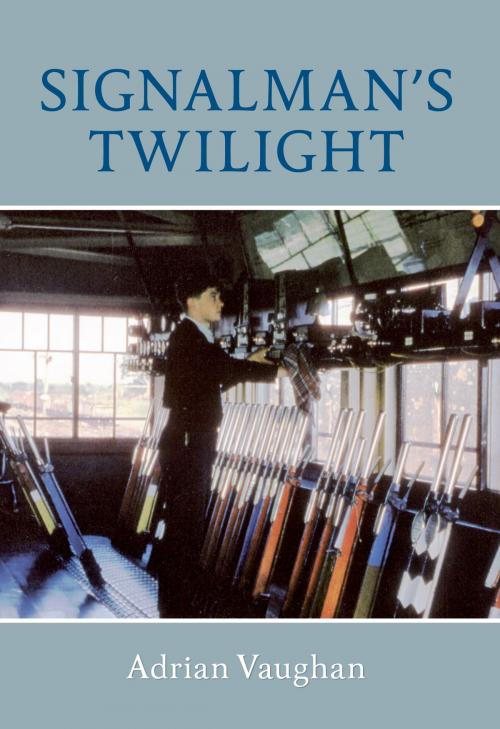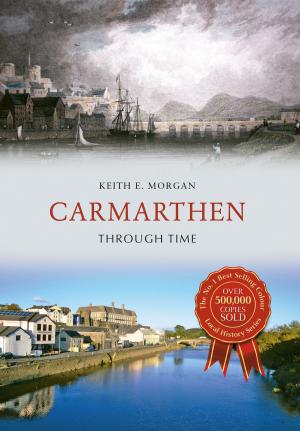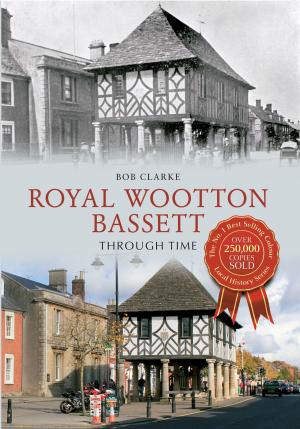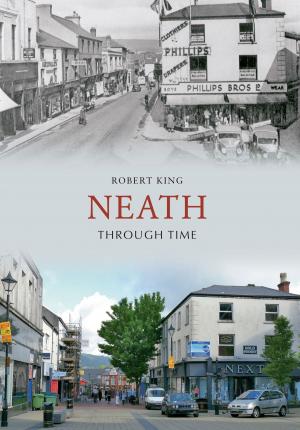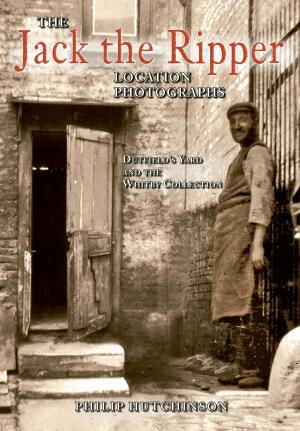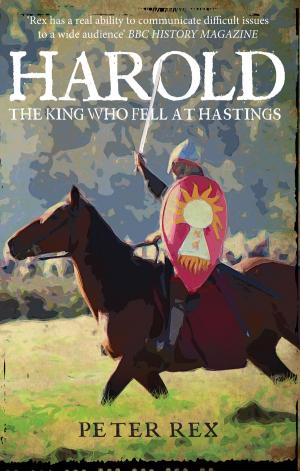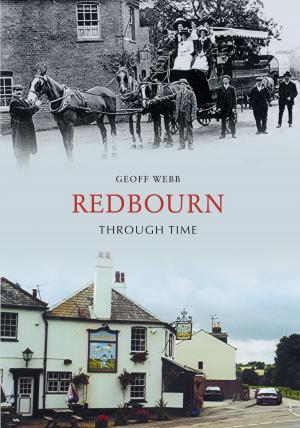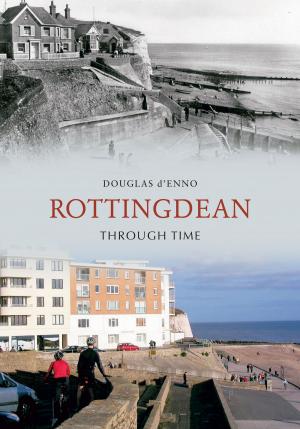| Author: | Adrian Vaughan | ISBN: | 9781445611129 |
| Publisher: | Amberley Publishing | Publication: | October 15, 2011 |
| Imprint: | Amberley Publishing | Language: | English |
| Author: | Adrian Vaughan |
| ISBN: | 9781445611129 |
| Publisher: | Amberley Publishing |
| Publication: | October 15, 2011 |
| Imprint: | Amberley Publishing |
| Language: | English |
In Signalman's Twilight, Adrian continues the story of his railway life in rural West Berkshire. Adrian revelled in the gentle, old-world atmosphere and seized every opportunity, on duty and off, to talk to the older railwaymen, many of whom had begun their careers on the GWR in 1919 - 21, some of whom had served in the trenches with the Wiltshire Regiment in 1916 - 18, and others of whom had worked for the Midland & South Western Junction Railway in 1913 on to 1921, 'when we took over the Great Western', as they put it. He visited other signal boxes, rode the footplates of goods trains and express trains alike. Signalman's Twilight recalls the openness of the railway. Adrian could go wherever he liked on the railway and was welcomed - even riding in the Track Testing Car behind Sudeley Castle at 97 mph. The book recalls the skill and commitment of the railwaymen, which was not undermined by their allowing Adrian into their workplaces and onto their engines. He tells the amazing story of how Signalman Abrahams saved what would have been a fatal train crash - just as he was about to start to demonstrate a new hymn he had learned for next Sunday's service. Adrian's admiration for the oldhand railwaymen knew no bounds. Then came modernisation, dieselisation, and station closures under Dr Beeching's 'Axe'. Adrian describes how he tried, single-handedly, to save Challow station only to earn a severe reprimand from high authority. The Axe fell and destroyed not only the stations of the Vale but a happy, settled way of life.
In Signalman's Twilight, Adrian continues the story of his railway life in rural West Berkshire. Adrian revelled in the gentle, old-world atmosphere and seized every opportunity, on duty and off, to talk to the older railwaymen, many of whom had begun their careers on the GWR in 1919 - 21, some of whom had served in the trenches with the Wiltshire Regiment in 1916 - 18, and others of whom had worked for the Midland & South Western Junction Railway in 1913 on to 1921, 'when we took over the Great Western', as they put it. He visited other signal boxes, rode the footplates of goods trains and express trains alike. Signalman's Twilight recalls the openness of the railway. Adrian could go wherever he liked on the railway and was welcomed - even riding in the Track Testing Car behind Sudeley Castle at 97 mph. The book recalls the skill and commitment of the railwaymen, which was not undermined by their allowing Adrian into their workplaces and onto their engines. He tells the amazing story of how Signalman Abrahams saved what would have been a fatal train crash - just as he was about to start to demonstrate a new hymn he had learned for next Sunday's service. Adrian's admiration for the oldhand railwaymen knew no bounds. Then came modernisation, dieselisation, and station closures under Dr Beeching's 'Axe'. Adrian describes how he tried, single-handedly, to save Challow station only to earn a severe reprimand from high authority. The Axe fell and destroyed not only the stations of the Vale but a happy, settled way of life.
